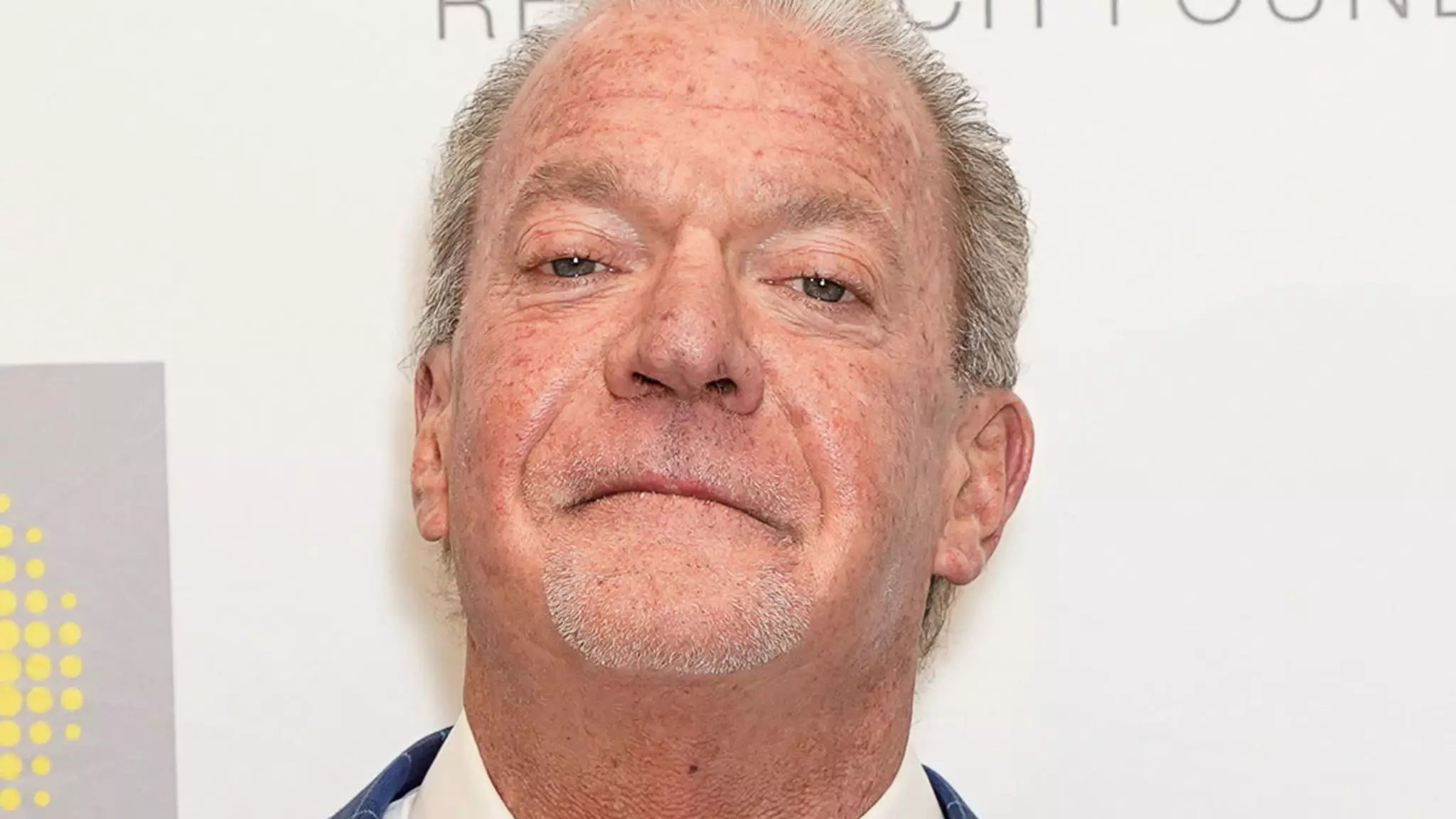In a surprising revelation, Jim Irsay, owner of the Indianapolis Colts, has claimed that he was unfairly targeted and mistreated during his DUI arrest in 2014. Speaking to HBO Sports in a recent interview, Irsay insinuated that the police’s actions were motivated by prejudice, specifically targeting him because of his wealthy status as a “rich, white billionaire.” These bold assertions have sparked a heated debate surrounding the issue of privilege and the criminal justice system.
According to the Carmel police’s official statement at the time, Irsay was pulled over for driving too slowly and failing to use his turn signal, among other infractions. The officers subsequently administered sobriety tests, which they claim Irsay failed, leading to his arrest. However, Irsay vehemently disputes this version of events, arguing that he was unfairly treated due to his social standing.
The release of dashcam footage from the scene only further deepened the controversy surrounding Irsay’s arrest. The video showed Irsay appearing to struggle with walking and maintaining balance while conversing with law enforcement officers outside his vehicle. Police reports also revealed that toxicology tests detected the presence of multiple painkillers, including oxycodone and hydrocodone, in Irsay’s system at the time of the incident.
Irsay’s assertions have ignited a fierce debate with proponents on both sides of the argument. Some believe that his wealth and privilege may have indeed shielded him from the consequences faced by an average citizen in a similar situation. They argue that subtle biases in the criminal justice system can lead to unequal treatment based on socioeconomic status, race, and power. On the other hand, skeptics argue that Irsay’s claims are merely an attempt to deflect blame and evade accountability for his actions.
The case of Jim Irsay serves as a stark reminder of the power dynamics that permeate our society. Wealth and privilege can often provide a veil of protection, shielding individuals from the full force of the law. Critics argue that systemic inequalities exist within the criminal justice system, allowing those in positions of power to evade appropriate consequences. Such privileges undermine the fundamental principles of justice and equality, eroding public trust in the system.
While Irsay’s case may be seen as an isolated incident, it highlights deeper issues surrounding privilege and prejudice within the criminal justice system. It prompts us to question how our system can better address these inequalities and ensure equal treatment for all individuals, regardless of social status. By acknowledging and challenging systemic biases, we can strive to create a more equitable and just society.
Ultimately, the controversy surrounding Jim Irsay’s arrest serves as a sobering reminder of the complexities of privilege and prejudice. It is essential for us as a society to critically examine the systems in place, fostering a renewed commitment to fairness and equality in the pursuit of justice.







Leave a Reply